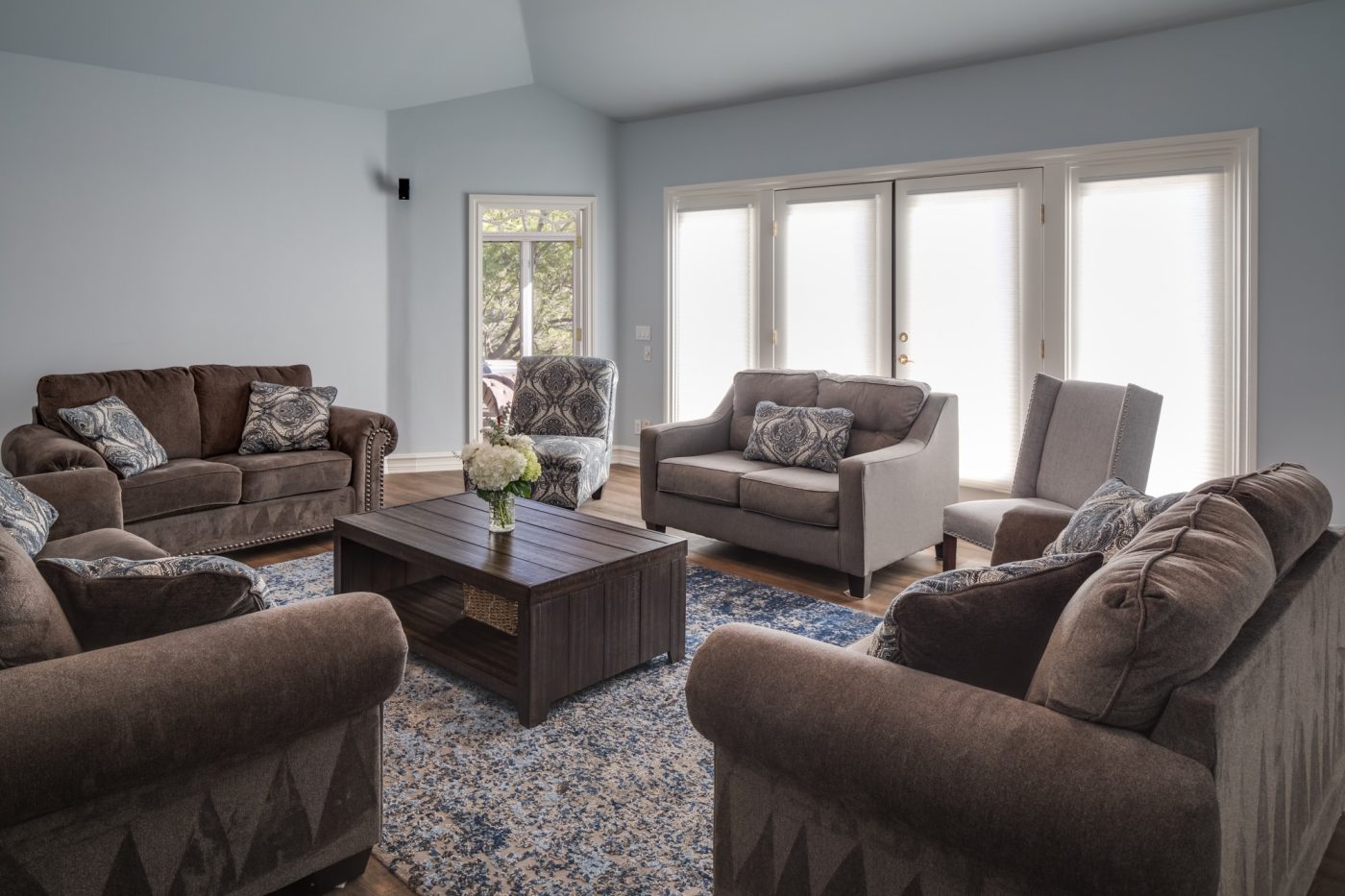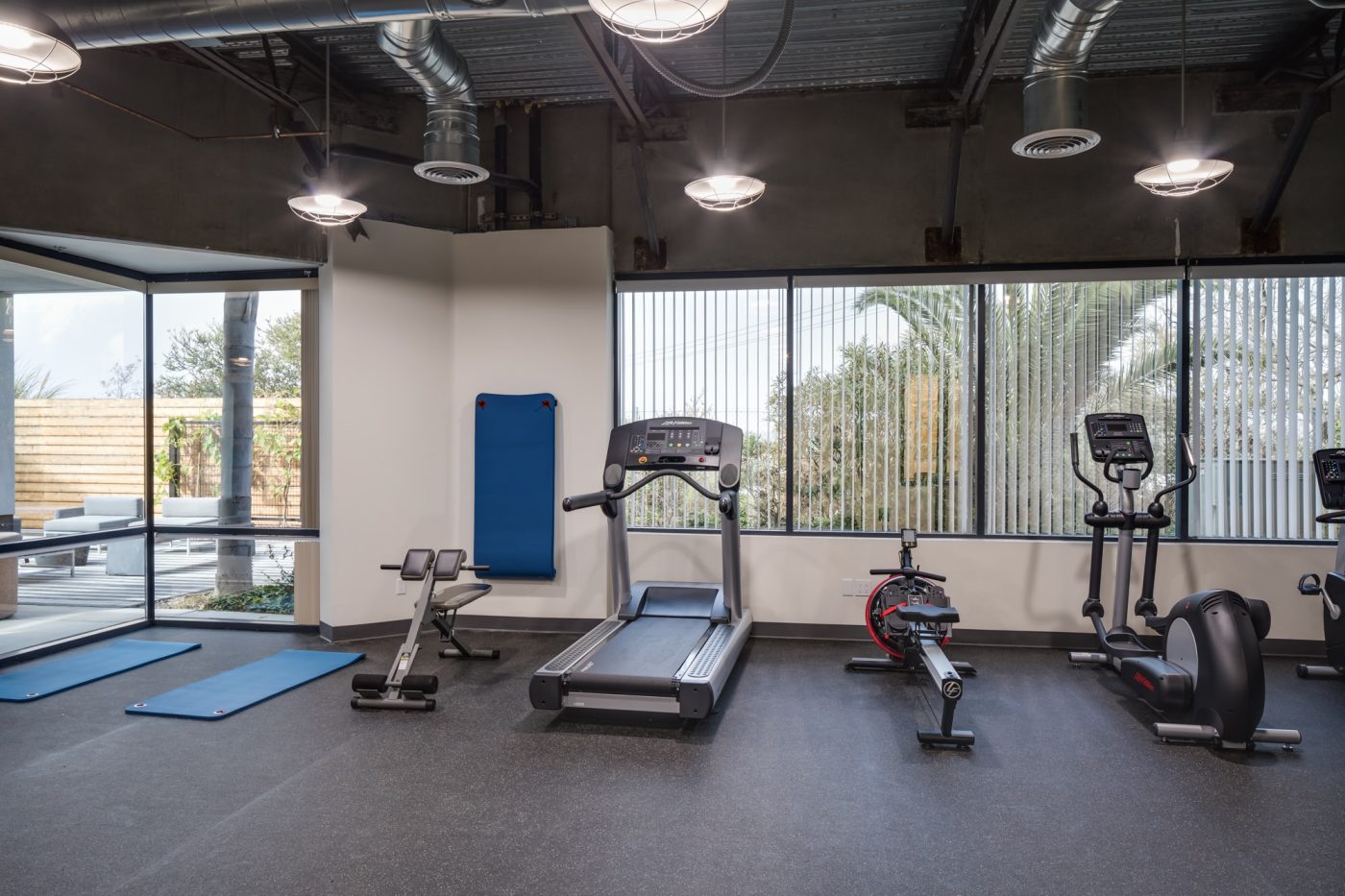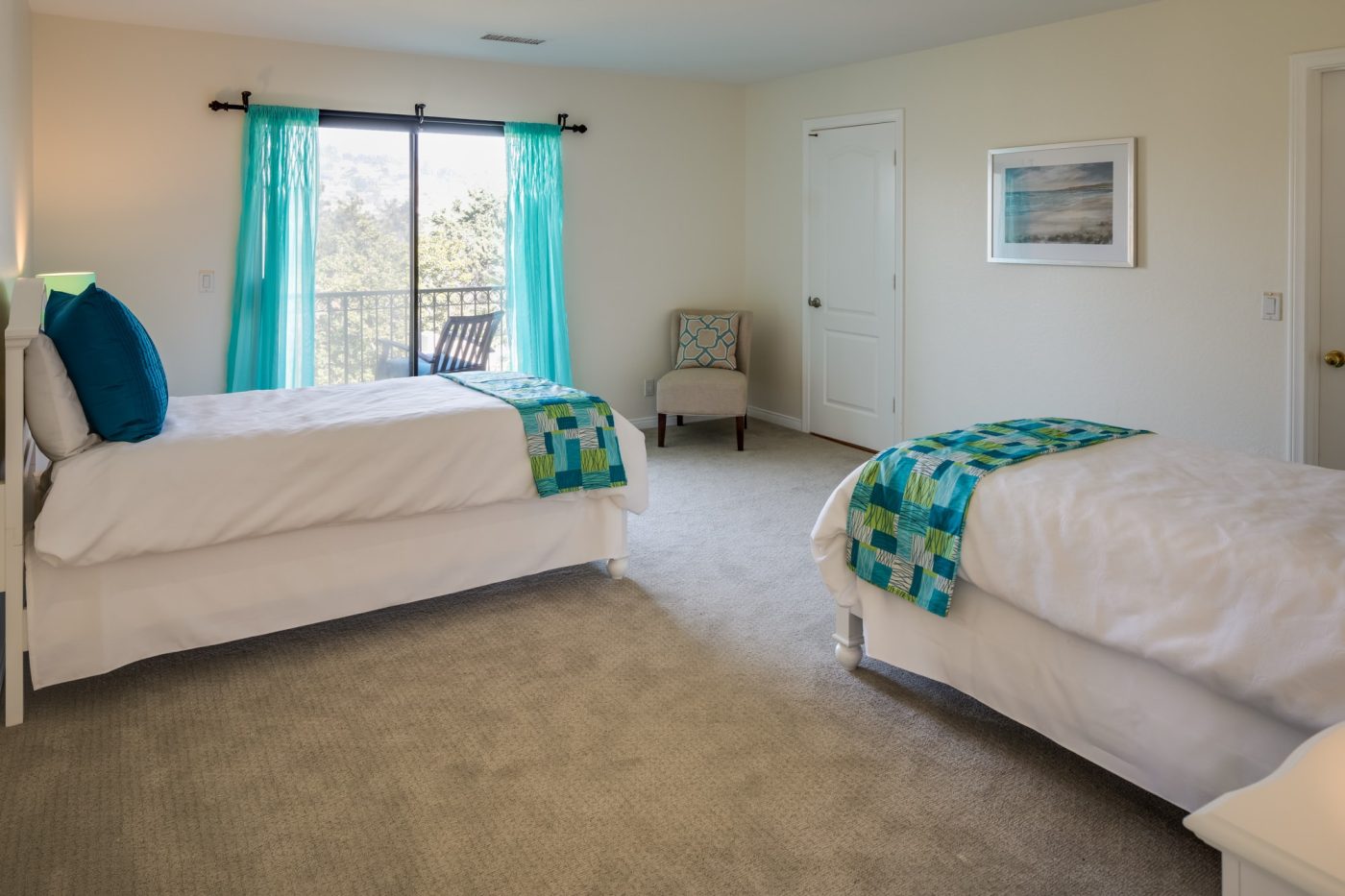Proudly serving Southern California, Montecatini Eating Disorder Treatment Center has helped transform the lives of females, ages 12 and up, struggling with eating disorders and co-occurring borderline personality disorder for over 30 years.
Borderline Personality Disorder Treatment
Learn more about co-occurring BPD treatment at Montecatini Eating Disorder Treatment Center in Southern California
Borderline personality disorder is a mental health condition that affects more women than men. Also known as BPD, Borderline Personality Disorder causes those who suffer from it to experience emotional instability that can manifest in intense feelings and drastic actions due to their lack of impulse control. When this particular personality disorder exists alongside an eating disorder, the effects can, unfortunately, be disastrous. The symptoms of each condition have the capacity to impact one another, and ultimately compromise a person’s efforts to heal and recover in a lasting and meaningful way. Thankfully, by engaging in comprehensive care that treats the multifaceted nature of an eating disorder and co-occurring borderline personality disorder, the individual suffering from such concerns can develop the skills and confidence needed to live a healthier and happier life once more.
At Montecatini, we know the extraordinary courage it takes to address the physical, emotional, mental, and spiritual aspects of living with an eating disorder and co-occurring borderline personality disorder. We also know how vital it is to feel safe and supported. That is why, in a serene and intimate environment, each patient’s treatment plan is customized to address her unique challenges, her unique family dynamics and history, her unique dreams for the future, and more. Our approach is collaborative and highly personalized, born out of true empathy and compassion.
We believe that no matter how long one has suffered from an eating disorder and co-occurring borderline personality disorder, healing and lasting freedom from such conditions are possible. Our mission is to support you every step of the way.
Helping a Loved One
Helping a loved one get treatment for borderline personality disorder
Attempting to help someone who is grappling with an eating disorder and co-occurring borderline personality disorder can, in many instances, be quite difficult. You, as a concerned friend or family member, may have tried to help your loved one get treatment, but found your efforts to be ineffective in helping alleviate your loved one’s struggles. And while it may seem as though you have exhausted your options, there remains some steps that you can take to help this individual in your life. Please consider the following:
- Effective rehab treatment for an eating disorder and co-occurring BPD requires specialized care. Because of this fact, it is important for your loved one to receive comprehensive treatment that addresses both her eating disorder symptoms, and borderline personality disorder symptoms. In order to find this type of care, you may want to consider speaking with a mental health professional so that you can explain what your loved one is experiencing, and, in turn, that professional can inform you of the type of treatment or rehab centers that have been helpful to others who are struggling with similar concerns.
- When speaking with a mental health professional, or if you are willing to conduct some research of your own, it is a good idea to learn about eating disorders and co-occurring BPD. In doing so, you will be able to understand your loved one a bit more, and develop a sense of empathy towards her difficulty in battling these disorders.
After you have consulted with a professional and/or done some research, it is time to speak with your loved one about seeking treatment. Discussing this particular topic in relation to your loved one’s condition can be a sensitive subject. Therefore, you should prepare yourself in terms of what you intend to say and how you intend to say it. You must be sure to broach this conversation with no judgment, but instead, with empathy and a willingness to hear what your loved one has to say. During this conversation, you can also present the list of rehab centers you were able to generate and convey the need for care.
Finally, it is crucial that all parties involved are receiving the support they need at this time. Your loved one is likely to need your or other loved ones’ encouragement, just as you will need your own backing while the person you care about is in recovery. Practicing good self-care while being available for your loved one is crucial.
Why Consider Treatment
Why consider treatment for BPD
Because of the complicated nature of eating disorders, it is important for a person who is battling such an illness to receive treatment that is all-encompassing. This statement is especially true for those who are struggling with the symptoms of borderline personality disorder at the same time. BPD can cause individuals to experience a great deal of emotional instability that can impact their relationships with others, their jobs, their perceptions of themselves, and their own actions in general. Self-harm and engaging in reckless behaviors are unfortunately common among those who are battling this condition, of which can cause eating disorder symptoms to worsen over time as well. The presence of an untreated eating disorder like anorexia, bulimia, or binge-eating disorder, and untreated borderline personality disorder, can be a recipe for both disaster and a great deal of emotional pain. In addition to job loss and conflict with loved ones, those battling these disorders are likely to experience a severe decline in their mental and physical health. But all hope is not lost for these individuals. There are many effective treatment options that exist that have proven to be helpful to others who desired to heal and recover from an eating disorder and co-occurring BPD.
Why consider Montecatini
Eating disorders are progressive and debilitating illnesses that, when left untreated, have the highest mortality rate of any mental illness. Depending on which eating disorder a person struggles with, she may suffer from malnutrition, obesity, organ damage, diabetes, and developmental problems, as well as other mental health disorders. Because of their pernicious and systemic nature, it is not enough to merely treat the physiological symptoms of an eating disorder. Instead, a person must also receive care for the co-occurring psychological issues that may cause her to return to her unhealthy eating behaviors. If treatment is to be truly successful in the long-term, it is important that each person receives a full spectrum of physiological and psychological treatment. At Montecatini:
- Treatment is provided in a warm, family-like atmosphere.
- Programming is supplied by staff who demonstrate true empathy.
- Customized, multi-dimensional treatment plans are created for each patient.
- Skill-building opportunities are provided so that patients can learn to integrate healthy behaviors into daily living.
- Personalized, consistent care is afforded to each patient.
- Comprehensive family support and therapy are integral parts of treatment at Montecatini.
- Simultaneous treatment for co-occurring disorders is available.
- Renowned medical and psychiatric management round out the therapeutic services we offer.
- Nutrition therapy is factored into each patient’s treatment in order to help her reestablish a healthy relationship with food.
- A full continuum of care is offered in order to ensure each patient’s long-term recovery.
At Montecatini, we believe that no matter how long you have suffered from an eating disorder, recovery is possible and hope is manifested daily as we work together in support of your long-term healing and inner-peace.
Types of Treatment
Types of BPD treatment offered at Montecatini Eating Disorder Treatment Center
Since treating our very first patient in 1991, Montecatini has helped inspire and transform the lives of hundreds of women. We are nationally recognized as a leading provider of eating disorder treatment and we are dedicated to helping our patients resume their lives as healthy, joyful individuals who are ready to live to their fullest potential. Females ages 12 and up can heal in our residential, partial hospitalization, and intensive outpatient programs. These programs are designed to help our patients overcome anorexia nervosa, bulimia nervosa, or binge-eating disorder, as well as co-occurring mental health concerns, such as borderline personality disorder.
Montecatini is located just three miles from the Pacific Coastline in picturesque Carlsbad, California. The center itself exudes the comfort and safety akin to being at home, and our staff puts forth every effort to ensure that the atmosphere we create is both peaceful and conducive to recovery. Each patient is treated with the utmost respect and dignity, and her care will be personalized to her unique history, challenges, life experiences, and needs.
Our staff of passionate and devoted professionals, many of whom have overcome their own struggles with eating disorders, work in close collaboration with each patient who comes to us for treatment. By creating personalized plans for each person who chooses to heal with us, we are able to provide the highest quality of care while honoring the individuality of each patient. Depending upon the outcome of an initial assessment, patients may have the following interventions incorporated into their customized treatment plans as they work towards overcoming an eating disorder and co-occurring borderline personality disorder:
Medical care: For patients who are medically stable, yet still require additional care for their physical health as they navigate the recovery process, Montecatini is pleased to offer renowned medical care. As a distinguished provider of eating disorder treatment, we recognize that the physical health of our patients can be compromised by the presence of an eating disorder. We also partner with specialists in San Diego to ensure our patients medical needs are appropriately met.
Medication management: When a patient comes to us battling a mental health condition, such as borderline personality disorder, in addition to an eating disorder, she may benefit from the inclusion of certain medication(s). Our psychiatrist is available to meet with patients once per week to assess medication needs, prescribe medication, and adjust dosages as needed. Physician’s assistants and nurses are also available to monitor the effectiveness of any medication that is prescribed and to ensure that patients are adhering to their medication regimens.
Individual therapy: Individual therapy occurs three times per week. Each patient meets with her assigned primary therapist in a one-on-one setting, which provides an excellent forum to assess progress and to discuss setbacks and successes that have occurred during treatment.
Family therapy: Each patient’s family members are invited to participate in family therapy sessions while their loved one is receiving treatment. This treatment method, which is offered once per week unless otherwise indicated, is designed to heal emotional wounds and promote unity among our patients and their primary support networks.
Group therapy: Offered up to five times per day, group therapy is a key component of treatment at Montecatini. Led by therapists, registered dietitians, nurses, patient assistants, yoga instructors, and art therapists, group therapy covers a wide range of topics that can further the recovery process and provides an optimal setting for patients to gain support and encouragement from staff members and other patients. Groups that may be incorporated into a patient’s treatment plan as she works towards recovering from an eating disorder and co-occurring borderline personality disorder may include the following:
- Relapse prevention
- Yoga
- Nutrition counseling and education group
- Action planning
- Outside 12-Step group
- Menu planning and meal preparation
- NIA
- Spirituality/12-Step group
- Family weekend incentives
- Food and feelings group
- Mindfulness/meditation
- Integrated care group that is focused on substance use
- Exposure therapy
- Body image
- Expressive arts therapy
- Dialectical behavior therapy (DBT)
- Interpersonal process group
- Cognitive-behavioral therapy (CBT)
Experiential therapy: In order to help our patients nurture the mind-body connection and apply learned skills in real-world settings, at Montecatini, we are proud to offer a number of experiential therapy opportunities. Experiential therapies complement the other therapeutic interventions we provide and typically take place once per week. Depending on the patient’s needs, the following may be part of her personalized treatment plan as she works towards overcoming her eating disorder and co-occurring borderline personality disorder:
- Group dinners
- Challenge food outings
- Beach trips
- Restaurant outings
- Grocery shopping
- Clothes shopping
Our experienced staff members, many of whom have specialized training in therapeutic techniques and treating a myriad of co-occurring conditions, including borderline personality disorder, assess patients needs on an ongoing basis and can recommend additional interventions if they are determined to be conducive to a patient’s recovery.
Because we realize that recovery from an eating disorder and co-occurring borderline personality disorder does not end with the completion of residential treatment, Montecatini purposefully begins preparing our patients for discharge on the day they are admitted to our program. Many of our patients transition to our partial hospitalization program (PHP) after completing our residential treatment, and then step down to our intensive outpatient program (IOP) after completing PHP. Each patient’s primary therapist determines and coordinates the most appropriate follow-up and aftercare services, and alumni of our program are welcome to attend our weekly support groups and Alumni Events and Celebrations for as long as they wish. Our goal is to help our patients return to lives that are not only functional, but joyful and deeply supported as well.

























